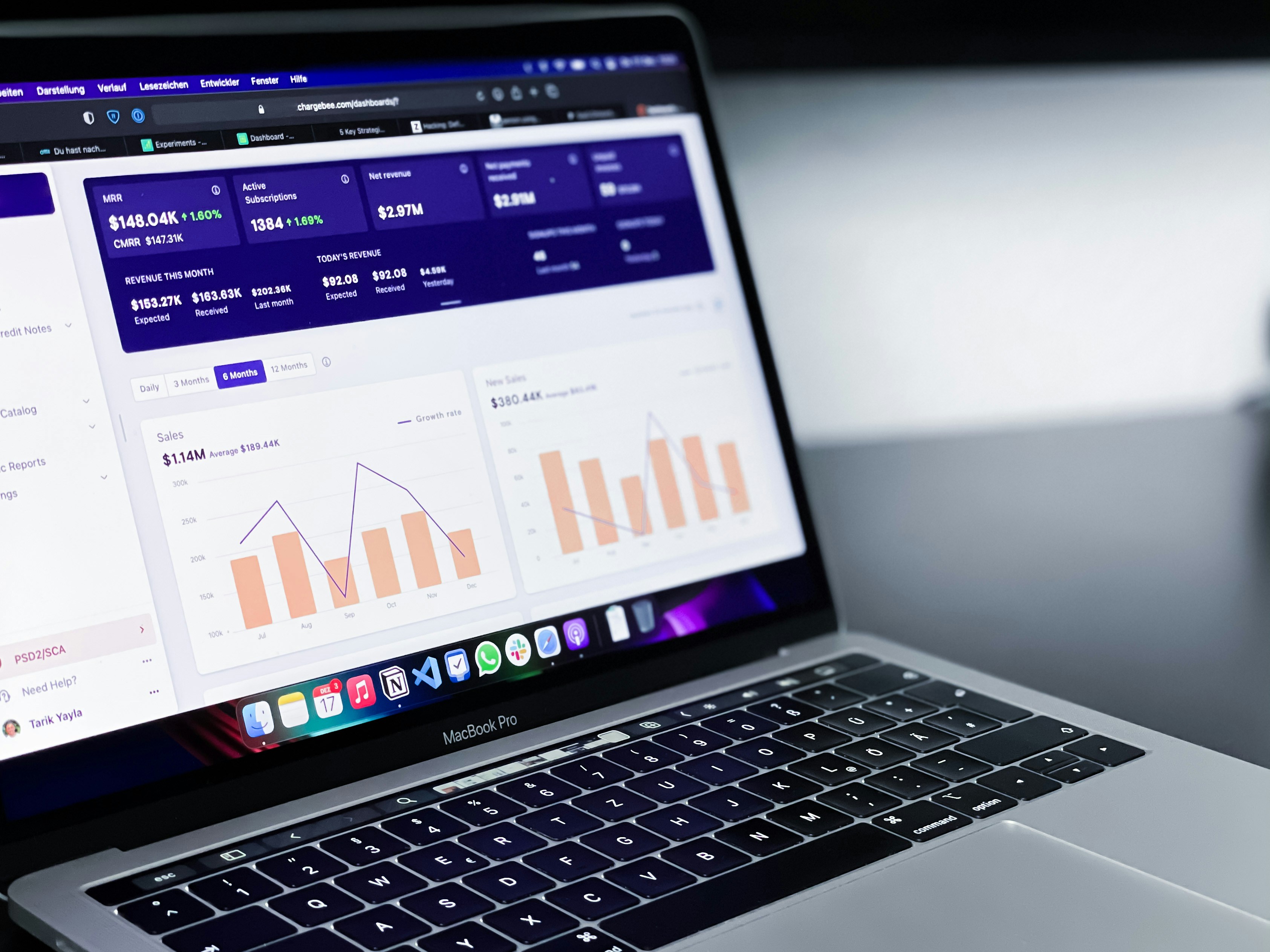Three Paths to Healthcare Analytics Excellence
Whether you focus on operational analytics, research data, or population health, we have a program designed for your specific needs.
Return HomeFind Your Analytics Path
Each program addresses specific healthcare analytics challenges while building on shared foundational principles. Consider your current role, the types of data you work with, and the analytical challenges you face most frequently.
All programs include hands-on practice with realistic healthcare datasets, comprehensive curriculum materials, and post-program support resources.
Our Programs

Healthcare Data Analytics
Transform clinical data into insights for improving patient care and operational efficiency. This comprehensive program covers EHR data extraction, clinical data warehousing, and health information exchanges.
What You'll Learn:
Ideal For:
Healthcare analysts, quality managers, health information professionals, and clinical informaticists working with operational data and EHR systems.

Clinical Research Analytics
Master statistical methods and data management for clinical trials and medical research. This course covers study design, power analysis, and regulatory compliance for clinical data.
What You'll Learn:
Ideal For:
Clinical research professionals, biostatisticians, research coordinators, and data managers working with clinical trial data and regulatory requirements.

Population Health Management
Develop strategies for managing health outcomes across patient populations using analytics. This program covers risk adjustment models, care gap identification, and intervention effectiveness measurement.
What You'll Learn:
Ideal For:
Public health professionals, care managers, population health coordinators, and community health analysts focused on patient populations and community health outcomes.
Program Comparison
| Feature | Healthcare Data Analytics | Clinical Research Analytics | Population Health Management |
|---|---|---|---|
| Investment | ¥59,000 | ¥64,000 | ¥54,000 |
| Primary Focus | EHR and operational data | Clinical trial and research data | Population-level data |
| Data Sources | EHR systems, quality databases | Clinical trial databases, EDC systems | Claims data, community health records |
| Key Skills | Data extraction, quality reporting | Statistical analysis, compliance | Risk stratification, care coordination |
| Typical Roles | Analysts, quality managers | Research coordinators, biostatisticians | Care managers, public health professionals |
| Program Length | 8 weeks | 8 weeks | 8 weeks |
Choosing Your Program
Consider these factors when deciding which program best aligns with your professional development needs.
Your Current Role
Working with EHR systems and operational data?
Healthcare Data Analytics provides the tools to extract insights from clinical documentation, quality measures, and operational metrics.
Involved in clinical research or trials?
Clinical Research Analytics covers the specific methodologies and standards required for research data management and analysis.
Focused on patient populations or community health?
Population Health Management addresses the unique challenges of analyzing data across patient groups and designing interventions.
Your Analytical Goals
Improve clinical quality and operational efficiency
Healthcare Data Analytics emphasizes quality measurement, workflow optimization, and clinical decision support.
Support research projects and publications
Clinical Research Analytics provides rigorous statistical methods and regulatory compliance knowledge for research settings.
Address health disparities and community needs
Population Health Management teaches approaches for identifying at-risk groups and measuring intervention effectiveness.
Data You Work With
The type of healthcare data you encounter most frequently can guide your program selection:
EHR records, quality measures, clinical documentation: Healthcare Data Analytics
Trial protocols, case report forms, safety data: Clinical Research Analytics
Claims data, community health statistics, risk scores: Population Health Management
Professional Development Path
Think about where you want your career to grow:
Healthcare informatics and analytics roles: Healthcare Data Analytics
Research methodology and biostatistics: Clinical Research Analytics
Population health and care coordination: Population Health Management
Still Uncertain Which Program Fits?
We're happy to discuss your situation and help you identify the program that best matches your professional goals and current challenges.
Schedule a ConversationCommon Questions
Can I take multiple programs?
Absolutely. Many healthcare professionals benefit from skills across multiple areas. We can discuss sequencing programs to build on your developing capabilities and avoid overlap.
What if my role spans multiple areas?
Some positions require diverse analytical skills. We can help you identify which program addresses your most immediate needs and discuss how additional programs might support your broader responsibilities.
Do programs require specific technical background?
All programs start with foundational concepts and build progressively. Healthcare domain knowledge is more important than advanced technical skills. We assess your preparation during the consultation process.
How much time should I expect to invest?
Programs run eight weeks with approximately 8-10 hours per week of engagement including live sessions, independent practice, and project work. Most participants complete programs while maintaining full-time employment.
Is employer sponsorship common?
Many participants receive employer support, particularly when they can articulate how enhanced analytics capabilities benefit organizational initiatives. We can provide information to support sponsorship discussions with your employer.
Ready to Begin Your Analytics Journey?
Let's discuss which program aligns with your professional development goals and current healthcare analytics challenges.
Get in Touch